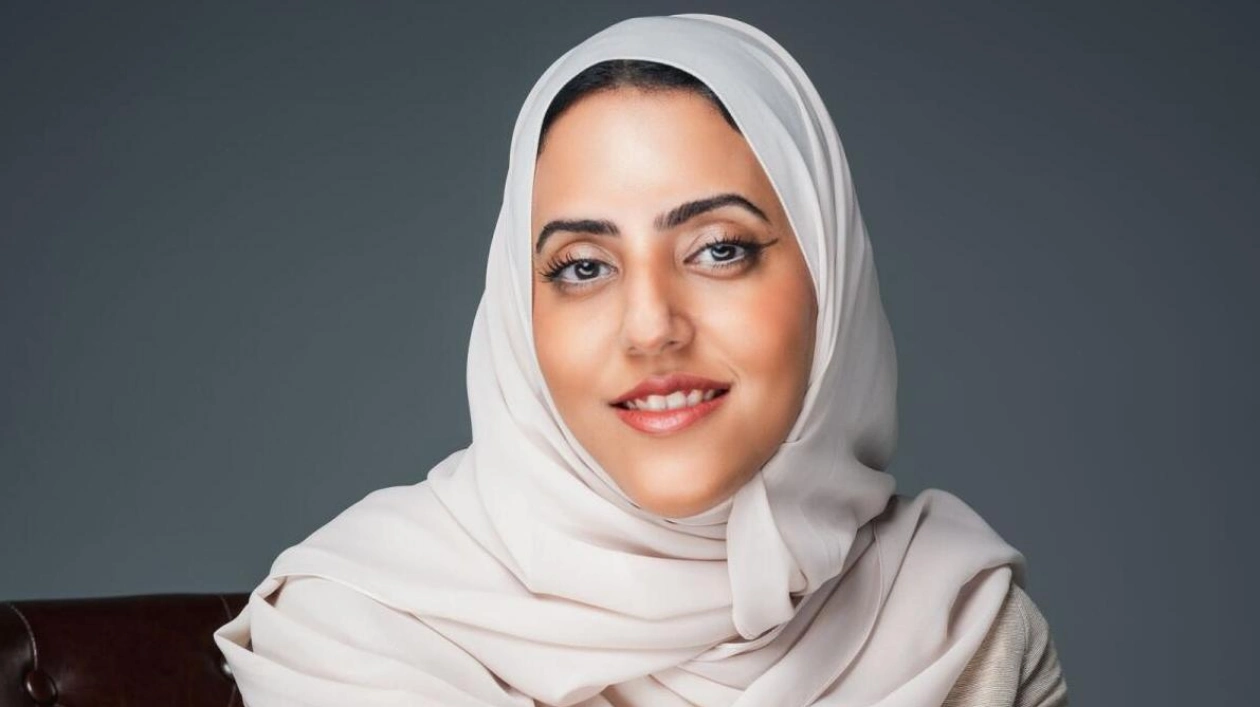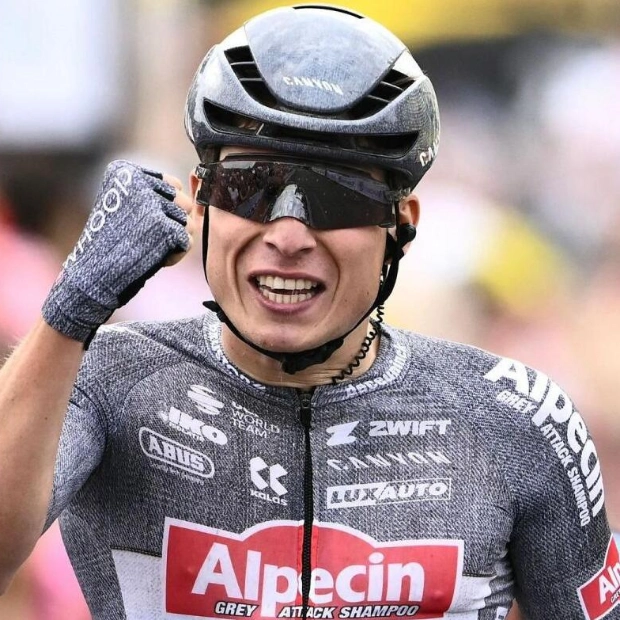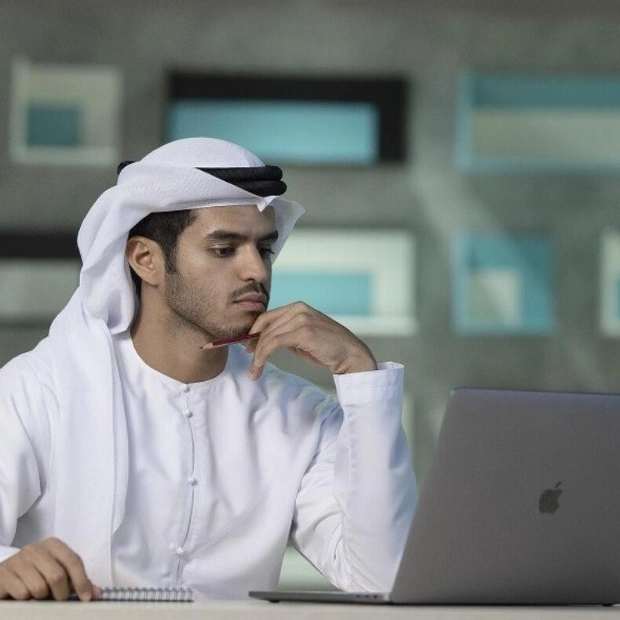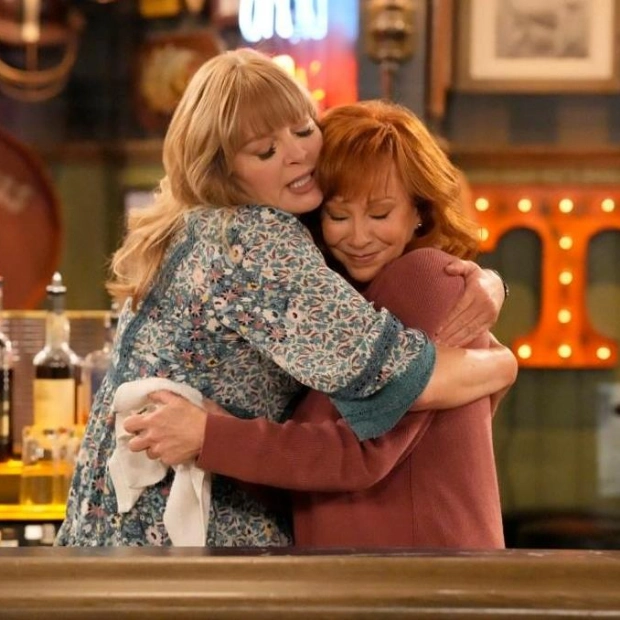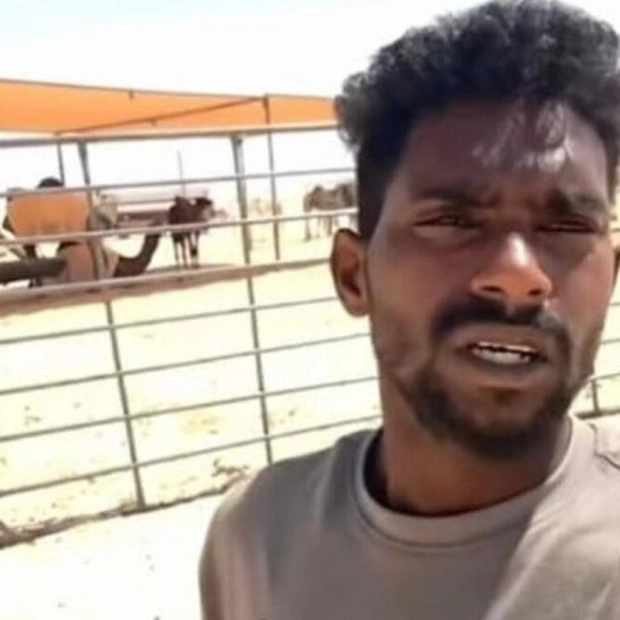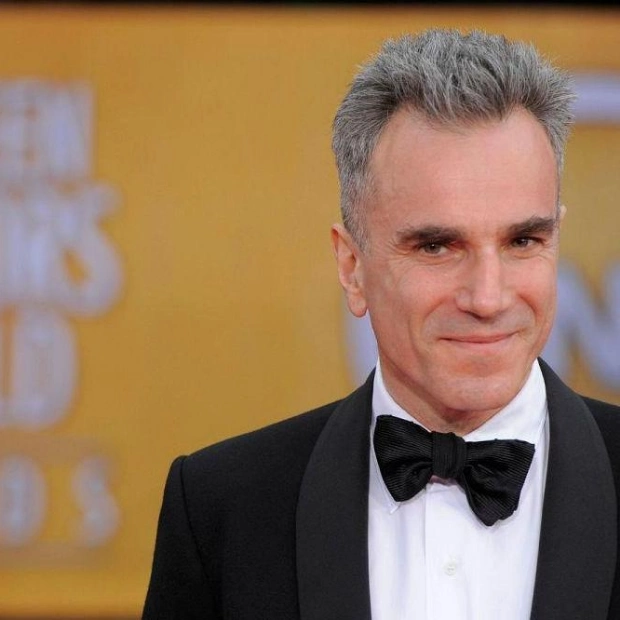As a child, Sheikha Jawaher bint Abdulla Al Qasimi was a dreamer. Books transported her to magical realms, but it was films that brought these fantasies to life. This capacity to dream big propelled her to become a child prodigy, graduating high school at just 15. By the time she began her career at 19, armed with a degree in English literature, she had already worn the hats of a teacher and a librarian. The journey to becoming a trailblazer truly began in 2013 when she was entrusted with launching a film festival for children.
Eleven years on, her unwavering commitment to nurturing young storytellers has transformed the Sharjah International Film Festival (SIFF) for children and youth into a premier platform for emerging filmmakers in the region. It has also sparked a dialogue on the essence of Arab cinema. Ahead of the festival's October 7th kickoff, the director-general of SIFF discusses the future of Arab films. Edited excerpts from an interview:
What drew you to cinema in your formative years? As a child, I was an avid reader, and that passion led me to films. Cinema stirred my emotions and made me ponder. At 19, I began teaching and found joy in working with kids. When the chance to lead a film festival for children arose, I seized it, as it combined my two passions. It was a fresh adventure.
What kind of films did you watch as a child? Was the selection vast in Arabic cinema? As a youngster, we watched Arabic content, particularly old Egyptian films. Later, I delved into Hollywood. The first film that truly moved me was Braveheart. It sparked my interest in Mel Gibson, leading me to watch The Patriot. I also went through a romcom phase. As life evolves, so do film preferences. Today, I lean towards documentaries. A recent film, A Mother’s Instinct, left a profound impact on me, making me reflect on my role as a mother.
Many parents discourage their children from watching films. Why is early exposure to cinema crucial? Our generation differs from those that follow. When we were young, we rarely questioned why we couldn’t watch certain content. Today, reasoning and convincing are necessary. Films need to depict reality respectfully, aligning with culture and religion. Our festival showcases documentaries, shorts, animation, and silent films, broadening our understanding of the world.
Sharjah International Film Festival also emphasizes films by youth. How vital is it to introduce them to filmmaking techniques early? We focus on media literacy and support the dreams of the next generation. If a child says, ‘I have a story to tell,’ we provide the tools to do so. Cinema encompasses various roles beyond acting and directing. Our educational platform allows youth to network and learn from global guests. Even if only one child benefits, it’s worthwhile.
When these young filmmakers aspire to go professional, is there infrastructure to support them? We are gradually expanding our connections with other film festivals. I don’t want to limit their screenings to our festival alone but also offer them broader platforms. We are taking cautious steps, hopefully in the right direction.
You were a child prodigy, completing high school at 15. Does your work with young people reflect your own early achievements? It certainly brings back memories of my childhood. As a teenager, I was fascinated by photography but found limited opportunities. Today, kids have more platforms. I don’t see myself as a role model; I aim for more achievements. My parents, in their 60s, are still working, and I strive to uphold that legacy.
Palestine is the honored country this year at SIFF. There’s a pressing need to preserve Palestinian art and culture. It’s the inaugural year for the ‘Country of Honour’ initiative. Given global events, we chose Palestine as the perfect starting point. It’s an opportunity to celebrate their culture and traditions, which many are unaware of.
Arab societies are rapidly evolving. How does Arab cinema reflect this shift? I’ve noticed this in the submissions we receive. Emirati filmmakers, for instance, are now more confident in creating content. Many Arab films are now in cinemas, with children’s films often sold out. This indicates we’re on the right track. We educate young filmmakers on how to improve their work.
Is there a particular film screened at the festival that deeply moved you? A Saudi film, Valley Road, with its fantasy elements and outstanding special effects, left a lasting impression. This year, The Teacher is a film I’m eagerly anticipating.
What has been your biggest challenge in running a film festival for children? Initially, it was making people understand our vision. Now, they eagerly anticipate the festival. I’ve seen families attend daily. I don’t want it to be just another film festival. For instance, British actor Freddie Highmore supports the festival, emphasizing the importance of giving back. I wish more people shared this noble intent.
Your generation of Emirati women has achieved significant milestones. What has driven this change? Support and faith. Years ago, women’s roles were largely traditional. Today, women are given opportunities to excel in various sectors. My father’s trust and my children’s support have been pivotal. Support from the government, society, and family can propel one to great heights.
